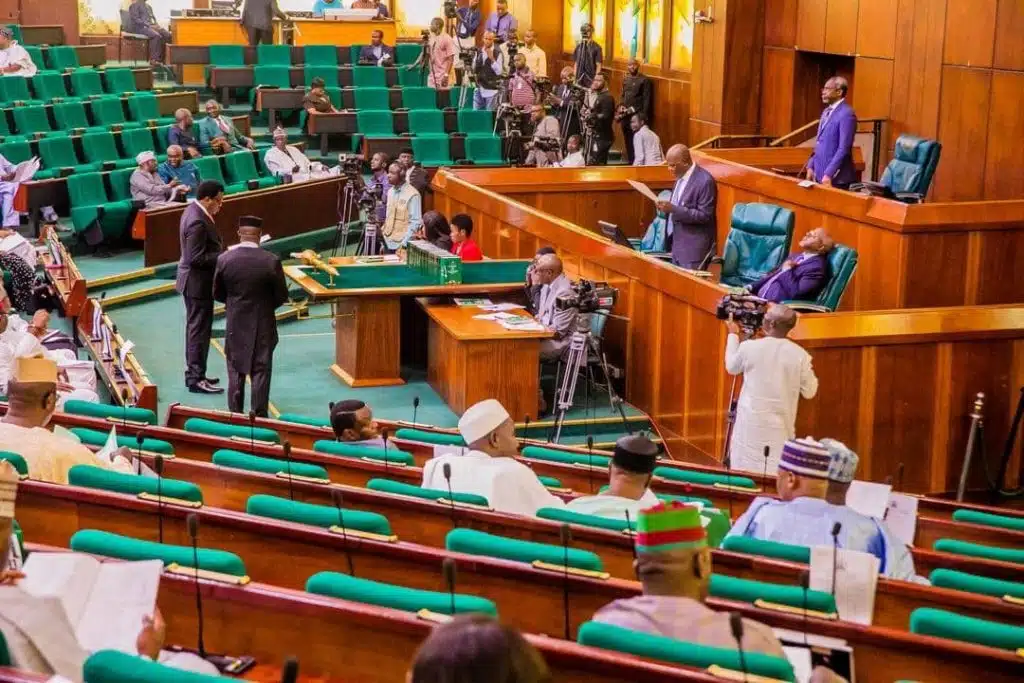Nigeria’s House of Representatives has established an ad hoc committee to review the operations of Point-of-Sale (POS) systems and cryptocurrencies in the country. Speaker Abbas Tajudeen said the committee was necessary due to the growing cases of fraud and cybercrime tied to these platforms. Financial institutions in the country lost over ₦50 billion to fraud in 2024 despite a reduction in fraud incidents.
The committee will be chaired by Olufemi Bamisile, who represents Ekiti South II. It is expected to hold public hearings over the next few months aimed at shaping a proper regulatory framework for both POS and cryptocurrency operations.
According to Bamisile, the committee will collaborate with financial institutions, security agencies, and other relevant stakeholders in carrying out its mandate.
“The committee has been mandated to examine the opportunities and challenges posed by cryptocurrency and POS operations, safeguard the integrity of our financial institutions, and work with stakeholders to develop a regulatory framework that balances innovation with security and opportunity with responsibilities,” he said.
This move by the lower house comes as the Central Bank of Nigeria (CBN) intensifies its oversight of the POS sector.
In a circular released on Monday, the apex bank unified existing regulations governing POS operators, mandating exclusivity and setting new transaction limits. Earlier in August, it had directed financial institutions to begin geotagging POS terminals and to upgrade their payment reporting processes.
On the cryptocurrency front, Nigeria has gradually shifted from open antagonism to cautious acceptance. The 2025 Nigerian Investment and Securities Bill formally recognises cryptocurrencies, and new tax laws expected to take effect in 2026 outline how digital assets will be taxed.
While the House presents the new committee as a step toward regulating POS and cryptocurrency operations, both sectors are already governed by existing frameworks. The committee’s real challenge lies in harmonising these efforts, closing enforcement gaps, and strengthening oversight across both industries.










